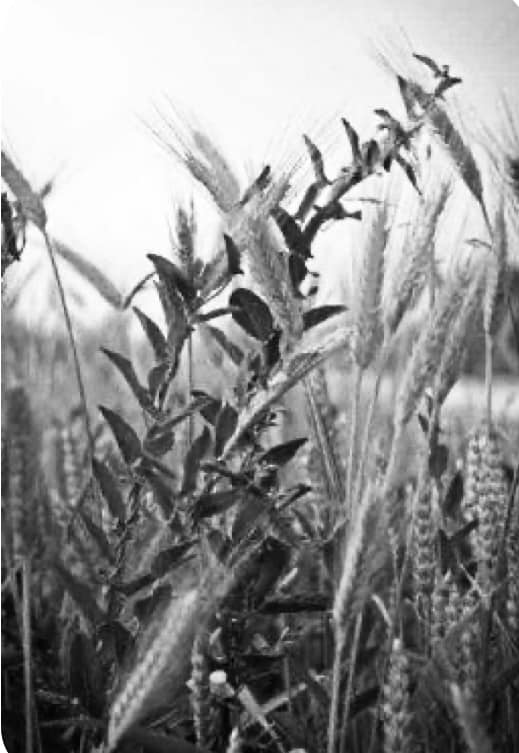1,450 total views

The parable of the sower is followed by other three parables drawing on images common to the Palestinian culture to portray the reign of God in its various manifestations (Mt 13:24-43): the parable of the wheat and the weeds (vv24-30), which underscores the co-existence of good and evil in the reign’s present state, the mustard seed (v31-32 ) and the yeast (v.33) illustrate the remarkable growth of the believing community. After a short digression dealing with the use of parables (v34-35), Jesus, as in the parable of the sower, provides an interpretation (vv36-43).
Focusing on the parable of the wheat which is found only in Matthew (though it could be related to Mark’s parable of the seed growing secretly, 4:46-29), the allegorical interpretation (where every item in the story is given a reference, vv37f), though attributed to Jesus, reflects the conditions of the later Church. Thus, the slant of the parable is less on the aforementioned presence of good and evil as on the serious, frightening character of eventual retribution (vv40f). Employing the imagery of harvest for this final event, the verb “syllegō” (συλλέγω) is used among the many verbs that mean “to gather”, for it refers exclusively to gathering or picking fruit and plants, like grapes (Mt 7:26), figs (Lk 6:44), including weeds (Mt 13:28ff). Symbolically, therefore, the gathering points to the eschatological time of the final judgment when the righteous are gathered to receive their eternal blessing while the ungodly of their doom (cf Mt 13:30, 39; Mk 4:39; Rev 14:15).
Despite the terrifying scenario in the allegorization of the parable, God is shown to exhibit considerable patience and more than ample opportunity for conversion.
The first reading (Wis 12:13,16-19) speaks of a God whose might and power, though much in evidence, is tempered by his patience (cf 12:2). He judges justly and, if the scales are tipped in any direction, it is on the side of leniency (v 18).
The Church indeed is not yet the spotless bride of Christ. It is still beset by humanness, no less than its individual members. The good is there, and it is widespread. But there is no doubt that weeds are there also and give every indication of remaining until the harvest. But as long as evil is present there is a chance of conversion. May we continue to respond to that call of conversion and to become instruments of leading others to it as well. Amen














